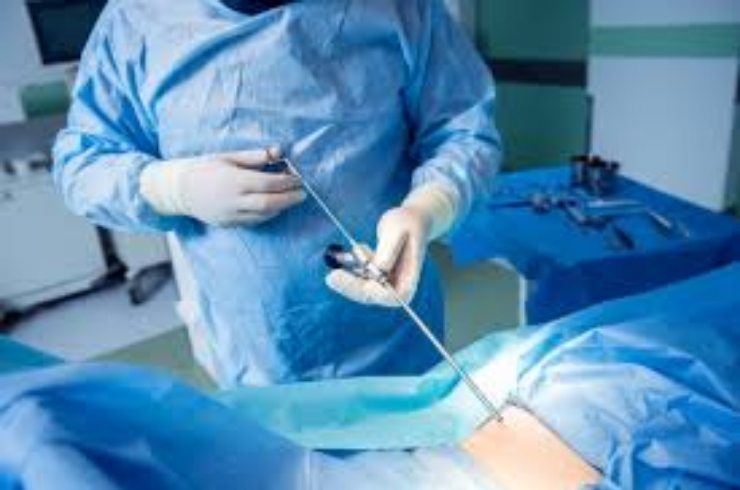Endoscopic & Minimally Invasive Spine Surgery

Endoscopic & Minimally Invasive Spine Surgery
Spine-related problems such as herniated discs, spinal stenosis, and nerve compressions can significantly affect one’s mobility, comfort, and quality of life. In many cases, traditional open surgeries lead to larger incisions, increased blood loss, longer hospital stays, and extended recovery periods. To overcome these challenges, Endoscopic and Minimally Invasive Spine Surgery (MISS) has emerged as a revolutionary approach—offering faster recovery with reduced pain and tissue damage.
At Thrikakara Municipal Cooperative Hospital, Dr. Suhanesh Haridas specializes in advanced, minimally invasive spine procedures that deliver excellent outcomes with less disruption to the patient’s life. With over 25 years of surgical experience, Dr. Haridas combines clinical expertise with modern technology to treat a wide range of spinal conditions using small incisions and precise surgical techniques.
Endoscopic spine surgery involves the use of a high-definition camera (endoscope) inserted through a small incision to visualize and access the spine. This technique is ideal for treating conditions such as lumbar disc herniation, foraminal stenosis, and certain spinal infections. The key advantage lies in minimal trauma to muscles and surrounding tissues, which leads to faster recovery and shorter hospital stays.
Minimally invasive spine surgery uses specialized instruments and imaging guidance to perform decompression or stabilization procedures with precision. Common procedures include microdiscectomy, decompression laminectomy, and spinal fusion. These are performed through small incisions with the help of tubular retractors and real-time imaging, resulting in minimal blood loss, less postoperative pain, and quicker rehabilitation.
Benefits of Endoscopic & MISS:
Smaller incisions and minimal scarring
Reduced risk of infection and blood loss
Less postoperative pain and faster recovery
Shorter hospital stays
Early return to normal activities and work
Dr. Haridas ensures thorough preoperative assessment and advanced imaging (MRI, CT scans) to determine the best surgical plan. Each procedure is tailored to the patient’s anatomy, condition, and overall health, ensuring safety and long-term relief.
Post-surgery, patients receive structured physiotherapy and rehabilitation programs to strengthen the spine, improve flexibility, and prevent recurrence of symptoms. Detailed guidance on lifestyle modifications, posture correction, and back care is also provided.
With a strong focus on innovation, safety, and patient comfort, Dr. Suhanesh Haridas offers world-class spine surgery solutions—restoring mobility and confidence, one patient at a time.